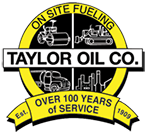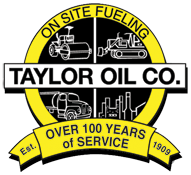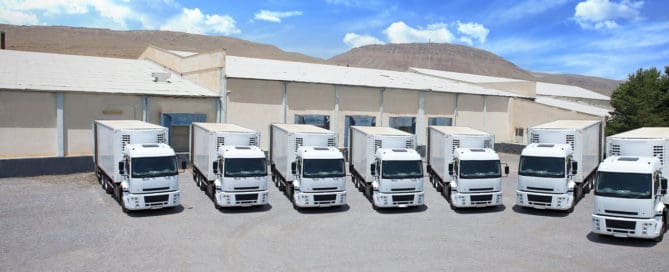Using a Premium Diesel Fuel Can Increase Efficiency and Longevity
Using a Premium Diesel Fuel Can Increase Efficiency and Longevity - There are many benefits to using a premium grade diesel for your equipment and trucks. From increased longevity to better lubrication, here we’ll go over the main advantages to using the best diesel fuel. Whether your fleet operation is large or small, what kind of fuel you use is one of the most vital decisions you will make for your business. Is switching to a premium diesel the right move for you? Premium diesel has: Better Lubricity Lubrication reduces friction in your engines. Diesel lubricants in particular cut down on the friction and wear and tear of the fuel pump and injection parts. It stands to reason that all those engine parts are under a lot of pressure for most of the day, so if you have more lubrication, your machines will run smoother, giving you better productivity, less downtime and fewer repairs. A Higher Cetane Number Cetane is a measurement of the fuel’s ignition delay. Basically this is how fast the air and fuel mixture combusts within the engine. Higher cetane translates to a shorter delay and higher ignition quality, resulting in quicker start-ups, and reduced wear and [...]



